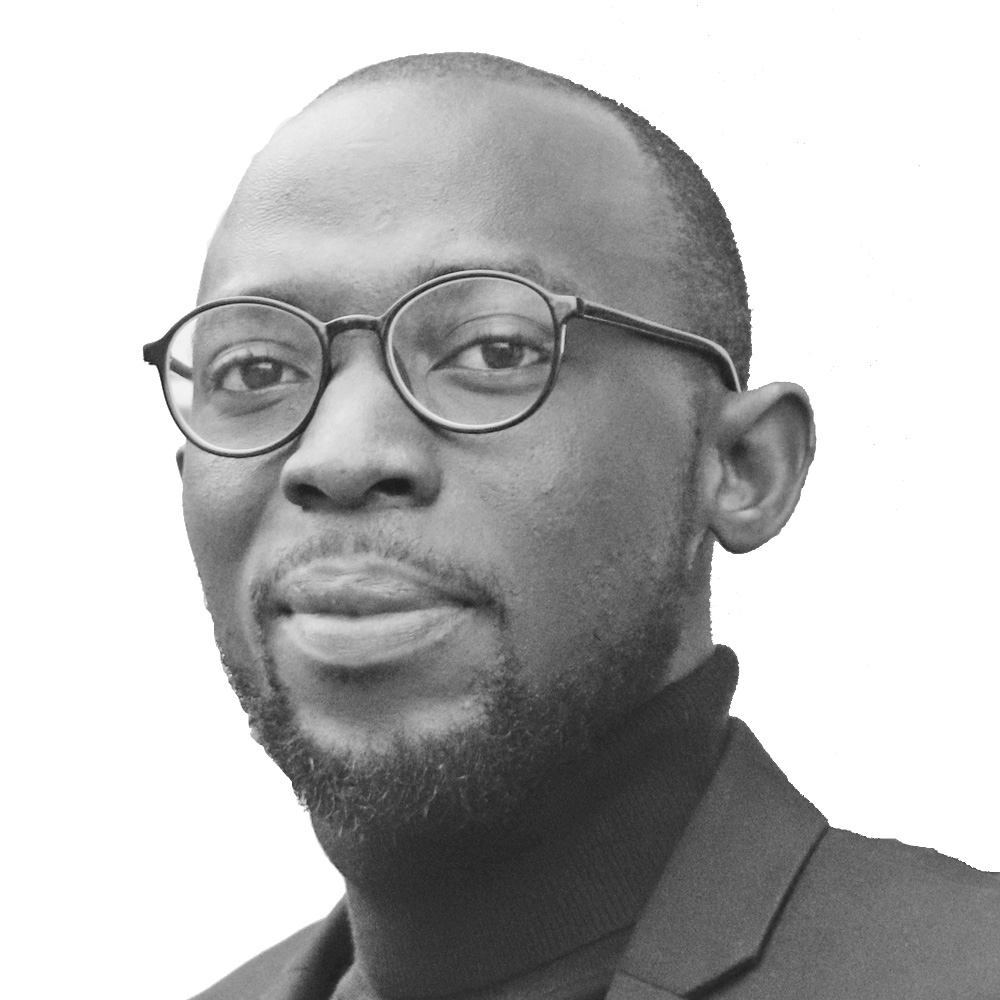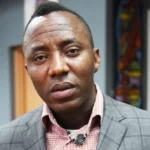“Hafiz Bayero is alive,” a mutual friend confirmed. “He’s recuperating at an Abuja hospital.” I ended the call and joined the Twitter protest against Sahara Reporters—the Omoyele Sowore-founded news platform that defined citizen journalism for my generation.
Sahara had reported that Bayero, who is Managing Director of Kaduna Market Development and Management Company, hadn’t survived a car accident along the Abuja—Kaduna expressway. A barrage of rebuttals saw to the deletion of the report in favour of a corrected version. In the new version, they refrained from killing him but ran images of him from the accident scene—unfiltered, unedited, dehumanized. No apology for the misreporting was offered to readers who had been misled.
Sahara Reporters has drawn fierce reactions and resentment from a section of its readers in recent years, especially in their handling of the subject of death. In May, Sheikh Bala Lau, leader of a Muslim group, Jama’at Izalat al Bid’a Wa Iqamat as-Sunna, simply known as Izala, was “killed” by Sahara Reporters. Former Speaker of the House of Representatives, Ghali Umar Na’Abba, also read his obituary on Sahara Reporters that same month. The persistence of this macabre trend, despite the backlash, has alarmed even the most expansive-minded persons, the ones who insist that citizen-led journalism is crucial in a democracy such as ours.
The problem with these reports transcends their being sloppy and untrue, it lies in their actively playing to the sectional divides of the Nigerian federation. In being framed to appeal to lowest common divisions, these reports attract a cocktail of both hateful and sympathetic replies that further divide Nigerians. Bayero’s purported obituary was framed as a karmic intervention at a time his principal was under fire for controversial comments on the killings in southern Kaduna. The killings in southern Kaduna, already bearing religious and historical polarities, were not helped by “BREAKING: Governor El-Rufai’s Aide Dies in Accident on Abuja—Kaduna Highway.” Beyond being clickbait, stories such as these seem designed to fuel the cyberwars playing out as identity and state stability are relentlessly challenged in Nigeria.
As the Twitter tribes waged cyberwar, I chanced on a writer who, replying to those outraged by the platform, asked to know the point at which they realised Sahara Reporters was “reckless and obnoxious”. He added that it’s time for the pro-APC citizens and government to have a taste of what “they” endured during the Jonathan years. Yes, we are at a point where the “truth” in journalism does not matter when there’s partisan glee to be had. This fellow isn’t entirely wrong. He is pointing to a feverish bias that has seen us, the digital native generation, turn the social media tools my friends and I used to help mobilise against the fuel subsidy removal in 2012 into a space for savage replies. There are those who will provide fuel, to see it burn more, no matter what’s being consumed.
Sahara Reporters has become a reflection of the blind spots of the millennials. Looking back, I see how it served a convenient purpose at different times, and, when it did, we applauded it for damaging our “enemies”, whether fairly or not. Today, performative sensitivity to the profusion of outlets dispensing fake news or perceived harassment has become limited to only when our favourites or principals are featured and harassed. Sahara Reporters has thus become a mirror to hypocrisies that we have crafted, cultured and nurtured that are now in full bloom but this doesn’t make what is wrong with us, and it, right.
I respect Sahara Reporters for holding governments to account in a repressive country. Using the internet and a diffused structure, it kept the beneficiaries of democratic power on their toes. It also played on a demographic shift with our youth bulge, who had taken to the internet, by providing an alternative platform which the rise of social media made even more powerful. Sowore’s recognition and harnessing of this potential made me a fan of his activism, although with reservations.
As a social commentator, Sowore provided me with a platform to share my critical reactions for the past decade. I sought to meet him to say a “thank you” a few years ago when I was in New York City, and found out my hotel was just a seven-minute walk from its headquarters in Manhattan. The irony that the shopping destination of the Nigerian political elite is also the location of the media that’s become their nightmare, always fascinates me. We arranged the meetings a few times during my stay but our schedules frustrated them.
I caught up with him eventually in Abuja in late 2018 during a town hall meeting on his presidential bid. Though he wasn’t my presidential candidate, I defended his candidacy, and, on my Facebook, I shared: “I like the idea of Sowore not because I’m convinced he’s the tough question Nigeria has been yearning to answer, but because the breakthrough of a candidate independent of the Establishment is itself a victory, victory against the elite whose consensuses have long been our only solutions.”
So, how did we get here, to the killing of Hafiz Bayero for clicks and misguided political score-settling? The same platform that “told truth to power” and embodied the angst of the millennials; same Sowore who came through from student union activism to an ill-advised presidential bid, #RevolutionNow and incarceration.
Sowore has feet of clay, imperfect as the rest of us. His venturing into politics amplified his flaws. You don’t lose an election in a democracy and embark on advocating for revolution. You don’t pose as a unifying media and yet a platform inextricably linked to you continuously sensationalises ethnic, regional and religious differences, polarising your readers and allies in advocacy. These aren’t the ideals upon which Sahara Reporters was built. It should be a task upon the not-so-young-anymore Nigerians who remember the ideals that powered the platform to hold Sowore to account and higher standards, and to protect him from himself.
The editorial inconsistency and sensationalism that have trailed Sahara Reporters in the last few years means that the New York City-based watchdog needs to be closely watched and salvaged. Nigeria needs citizens and groups unafraid of standing up to demand greater accountability from the government, but Sahara Reporters must overcome its editorial, fact-checking and credibility problems. It must point to a better way, not reflect the morass. Nigeria can’t afford to lose it.

 Join Daily Trust WhatsApp Community For Quick Access To News and Happenings Around You.
Join Daily Trust WhatsApp Community For Quick Access To News and Happenings Around You.

